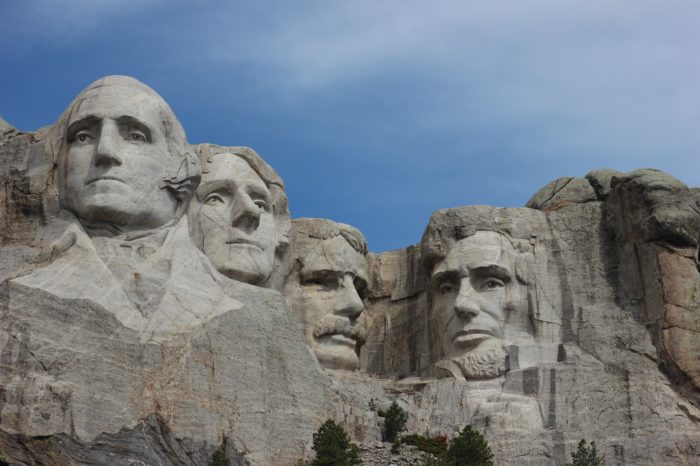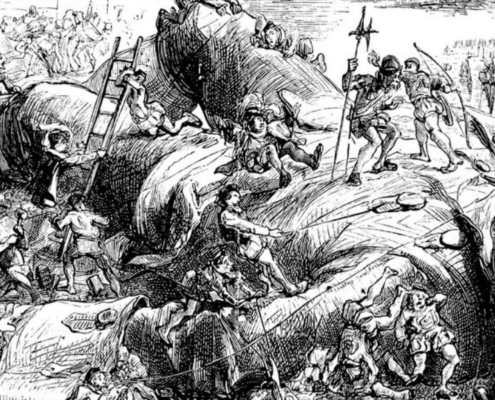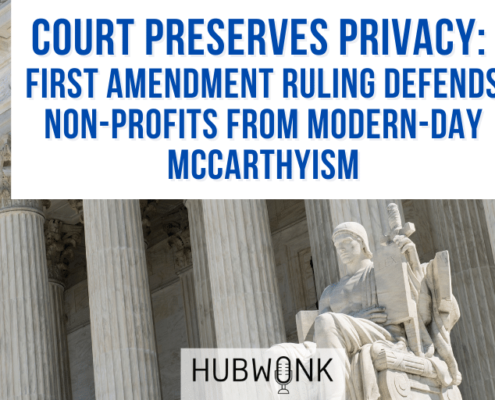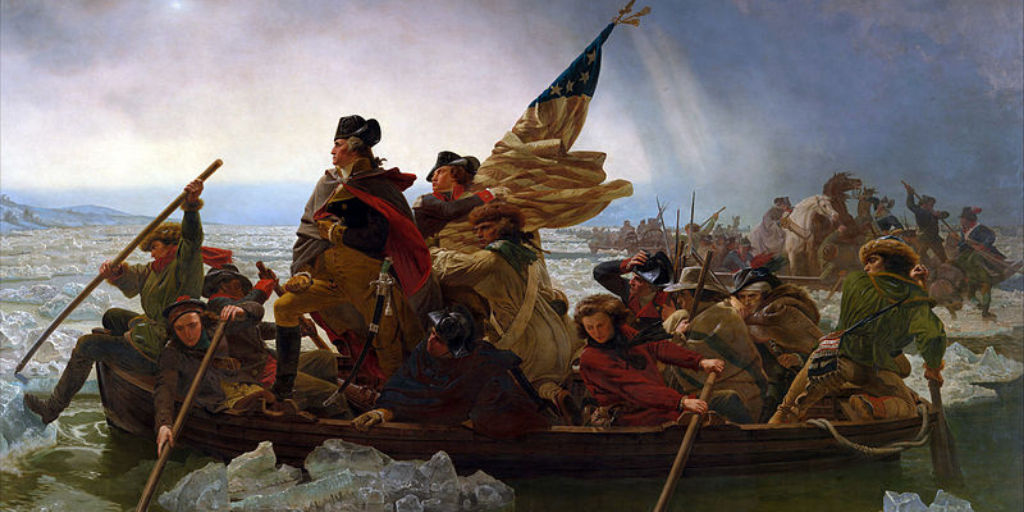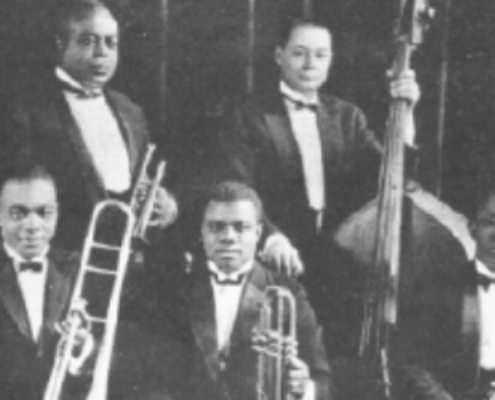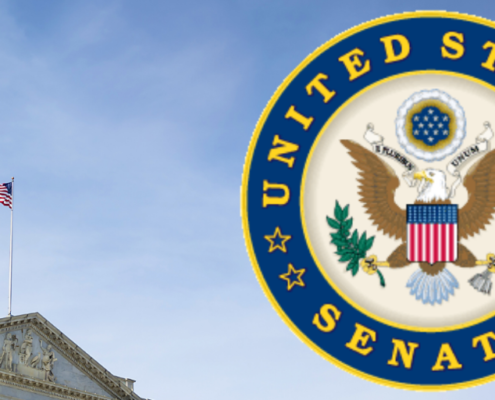Study Highlights Best Practices For Establishing and Updating K-12 History Standards
Massachusetts should be cautious in updating its highly regarded history standards
BOSTON – As Massachusetts sets about the task of reviewing its K-12 history and social science standards, a new study published by Pioneer Institute describes the processes that have produced exceptional state standards as well as pitfalls that the commonwealth should avoid.
In “Laboratories of Democracy: How States Get Excellent K-12 U.S. History Standards,” authors Anders Lewis and William Donovan recommend that states use an academically rigorous and open approach to update standards that provides members of the public and teachers in particular with multiple opportunities to express their views throughout the drafting and review phases.
The study includes a preface entitled “Horace Mann and the Origins of American Public Schools” by Daniel Walker Howe, the Pulitzer Prize-winning author of What Hath God Wrought: The Transformation of America, 1815-1848.
In the report, Lewis and Donovan advise, “State educational leaders should adopt an objective, non-partisan stance towards topics of contemporary historical debate. It is not the place of states or even of history teachers themselves to push their views about contested historical topics on students.”
The co-authors also urge that standards be academically detailed and specific. Students and teachers shouldn’t have to guess what might be on state tests that are based on the standards.
Other recommendations include focusing standards on academic content and resisting educational fads like the so-called “21st century skills” that concentrate more on soft, unmeasurable themes like cultural competence, global awareness, and social-emotional learning. In the absence of requiring a civics course, incorporating civics-based content into the history standards is the best way to promote the learning of material essential to understanding government and citizenship.
The study highlights efforts to update well-respected history standards in six states: Alabama, California, Indiana, Massachusetts, New York, and South Carolina. California’s recent experience offers a cautionary tale for Massachusetts. There, the update completed in 2016 has yielded standards that have been less well received than their predecessors and have drawn accusations that they are a product of partisanship and ideological bias.
High-quality history standards and a test had been developed and were ready to be implemented in Massachusetts when the Patrick administration and Commissioner Mitchell Chester jettisoned the requirement in 2009, citing the $2.4 million cost of administering the test.
Given that the Bay State’s nation-leading U.S. history standards have never been fully implemented or connected with a state test, the commonwealth’s history standards review committee should make minimal changes to the academic substance of the standards and move quickly to implement and test these standards as a high school graduation requirement.
About the Authors
Daniel Walker Howe is Rhodes Professor of American History Emeritus at Oxford University in England and Professor of History Emeritus at the University of California, Los Angeles. He won the 2008 Pulitzer Prize for History for What Hath God Wrought: The Transformation of America, 1815–1848. He also wrote Making the American Self: Jonathan Edwards to Abraham Lincoln and The Political Culture of the American Whigs. Howe graduated magna cum laude in American history and literature from Harvard College and received his Ph.D. in history at the University of California, Berkeley.
Anders Lewis is a history teacher and chair of the History Department at the Advanced Math and Science Academy Charter School in Marlborough. He previously worked at the Massachusetts Department of Education, where he helped write the commonwealth’s History and Social Science Curriculum Framework and create the History and Social Science MCAS test. He earned a Masters and a Ph.D. in American history from the University of Florida.
William Donovan is a former staff writer at the Providence Journal, where he wrote about business and government. He has taught business journalism at Boston University and Northeastern University.
About Pioneer
Pioneer Institute is an independent, non-partisan, privately funded research organization that seeks to improve the quality of life in Massachusetts through civic discourse and intellectually rigorous, data-driven public policy solutions based on free market principles, individual liberty and responsibility, and the ideal of effective, limited and accountable government.
Get Updates On Our US History Initiative
Other Videos:

